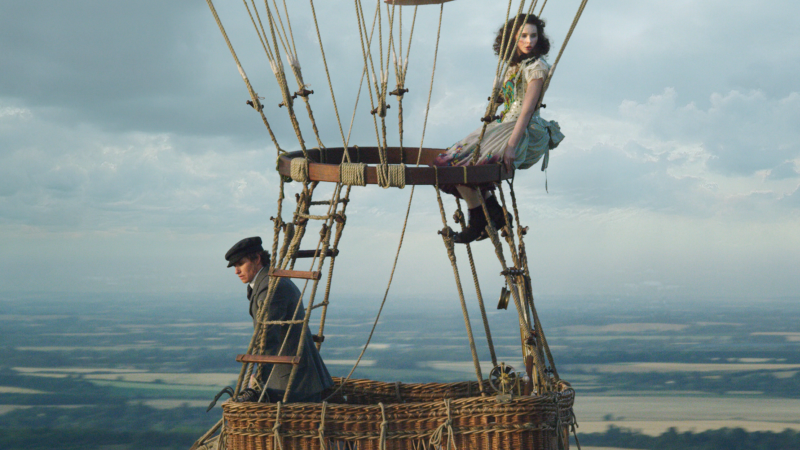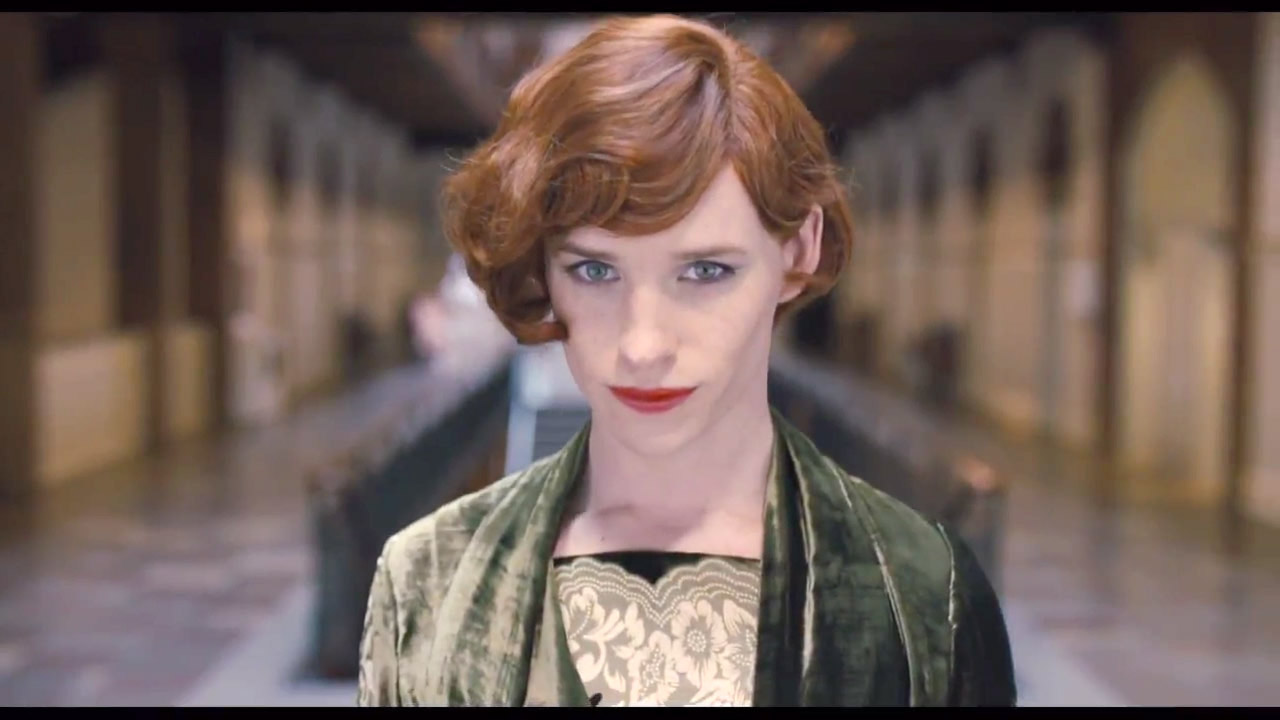Fantastic Beasts: The Secrets of Dumbledore
by Hope Madden
After much delay, Fantastic Beasts: The Secrets of Dumbledore comes to big screens this weekend. The film is the needless third installment in a 5-part series based on a single 2001 guidebook that walked readers through the various magical animals of the Harry Potter universe. The guidebook’s “author” is Newt Scamander, and Harry Potter has jotted notes throughout it.
That’s it. No narrative, no characters, really. It’s like a little, pretend textbook from Hogwarts.
The book was a semi-adorable cash grab — one additional little scrap to throw the hungry Harry-heads at the height of Pottermania — meant to raise money for charity. And now it’s a planned 5-part series, each installment thus far clocking in at well over two hours.
Oof.
The new adventure catches up with Newt (Eddie Redmayne) assembling a ragtag band of witches, wizards and muggles to help mentor Albus Dumbledore (Jude Law) fight the dark magic of Gellert Grindelwald (Mads Mikkelsen).
Grindelwald hates muggles (non-magical losers like us) and wants a war. He’ll deceive, bully, appeal to baser instincts, and when it comes down to it, cheat the election to take over the wizarding world.
It’s a good guys v bad guys tale with loads of Trumpian nods (keep an eye on that newspaper), but that feels hollow given creator/co-writer J.K. Rowling’s history of bullying vulnerable populations. A main role for the recently shameful Ezra Miller (who plays forlorn baddie Credence Barebone) doesn’t help those optics, either.
As superficial spin goes, though, it is nice to have Mikkelsen on board. He replaces Johnny Depp (easily the best thing about the previous installment) as the film’s villain. Where Depp embraced the magical elements and leaned into camp, Mikkelsen is all elegant, understated menace.
The cast boasts a lot of solid, wasted talent. Law continues to charm as the unflappable Dumbledore, Redmayne’s quirk tests patience, Dan Fogler’s a bright spot.
Director David Yates — who directed four HP movies as well as the previous two installments in this franchise — struggles this go-round to even conjure much visual panache to distract from the bloated, overpopulated and underdeveloped script.
Rowling co-writes for the screen again with Steve Kloves, her scripting partner for every Potter and Fantastic Beasts installment. The Potter films often suffered from unimaginative adaptation, which could be chalked up to the writers’ tough time pruning the source material.
No idea what’s to blame here, but these movies are not getting any better.











